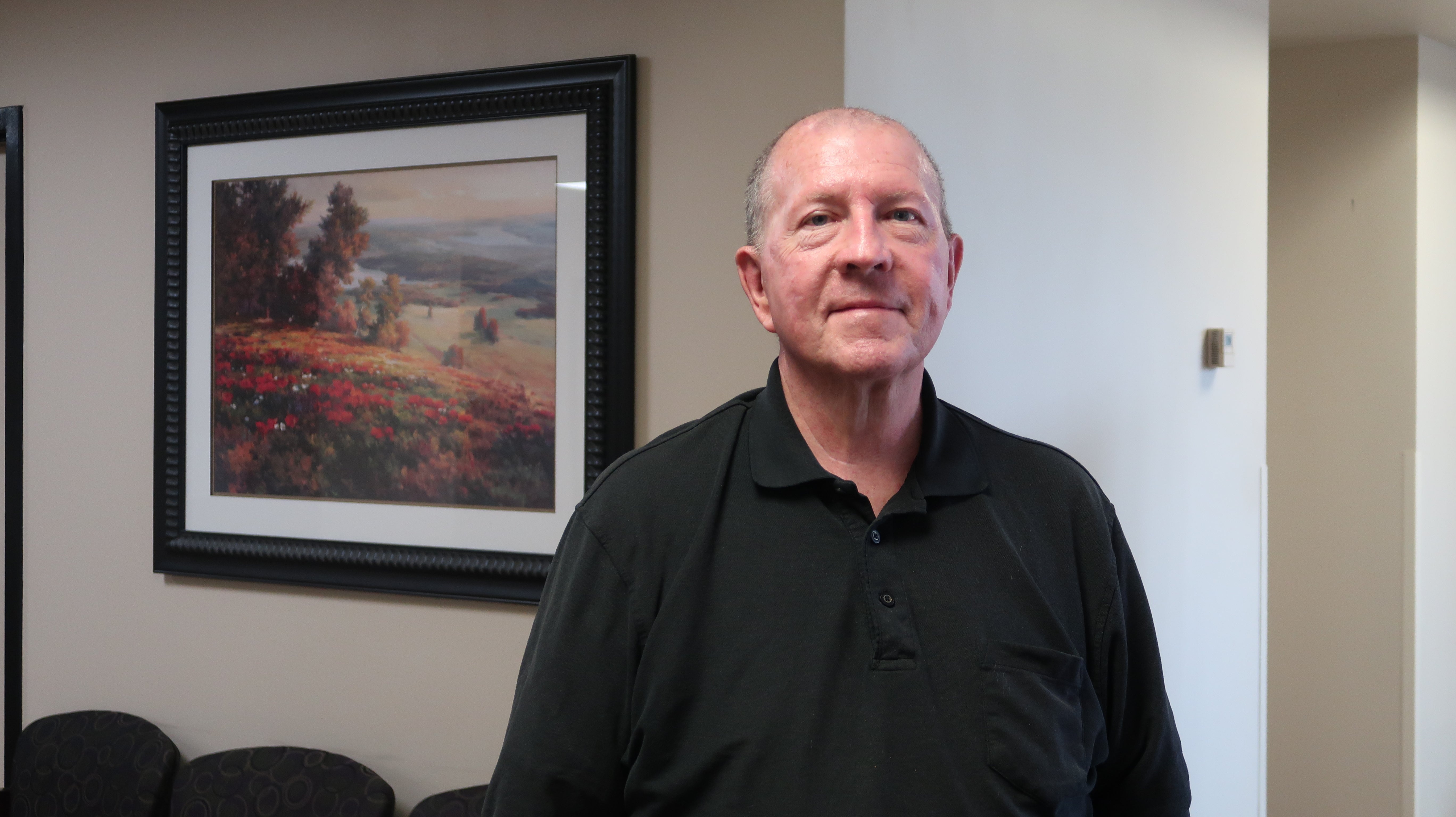A slight heart attack took Louis Jackson by surprise in April 2019.
“It was a surprise for me and forever life changing,” said Jackson, who was 59 years old at the time. Jackson was home when he began to experience intense chest pain.
“The pain would come and go, but at one point it just stayed with me,” Jackson said.
Jackson was taken to the emergency room at Hillcrest Medical Center, where he found out he suffered from a slight heart attack and had a blockage... Read More »







